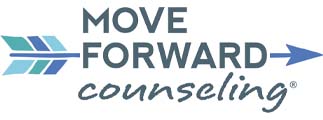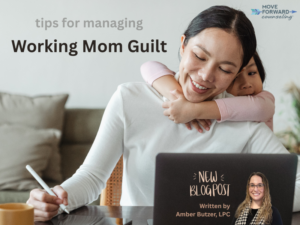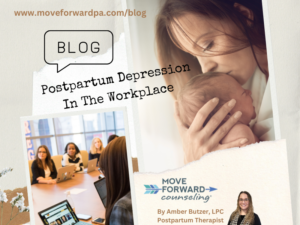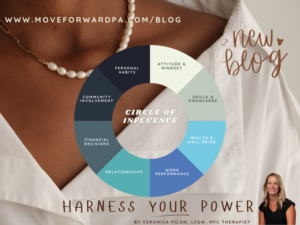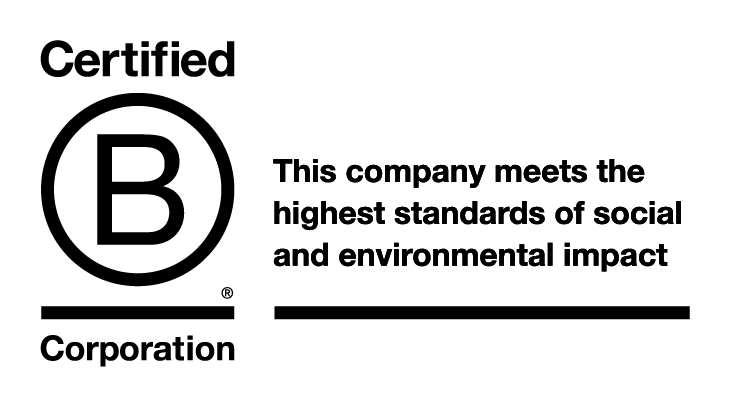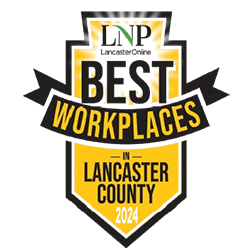Eating disorders and body image issues are serious and often they go untreated. Why? Because the signs and symptoms go unnoticed until they are full-blown.
Those who struggle with body image and disordered eating generally do a good job of hiding their behaviors, as they know they may cause alarm. Things like skipping meals, making themselves sick, or minimizing calorie intake can easily go unnoticed by friends, family, health or school officials.
But, the longer an eating disorder goes on the more difficult it is to treat it. By knowing what to look for you can help to catch a loved one’s disordered eating and body image issues before a full-blown eating disorder is developed. Helping those who are struggling to get treatment as early as possible can help ensure a better recovery.
Early Recognition of Eating Disorders Means Better Recovery
At Move Forward we have trained counselors and therapy professionals to help assist in the recovery of eating disorders and body image issues. Our counselors work with clients from around the state of Pennsylvania. To begin, our counselors have developed a list of seven subtle signs a friend or family member could be struggling with disordered eating or body image. It is important to note that not all of these signs indicate that an eating disorder is looming but they are red flags and should cause some extra awareness. Here they are:
1.) Weight Concerns –Increased concern over how much he/she/they weigh and a desire to lose weight or look different can be cause for alarm, especially if the person is already at a healthy weight. A lot of talking about “clean” eating or healthy food can be an indication that the person is obsessively focusing on the foods they are eating. If the person always seems to be “dieting” or talking about being on a diet that can also be cause for concern.

2.) Strict Exercise Regime — If the person seems to be increasing the amount they are exercising but not increasing calorie intake or becomes upset or irritable when they are unable to exercise that can also indicate a red flag.
3.) Increased Interest in Meal Prep — Becoming unusually interested in cooking when he/she/they might not actually be eating the meals or treats that are being made can be a red flag. As well as making a “safer” meal instead of eating what the rest of the family is eating.
4.) Needing Control Over Food — Becoming upset when he/she/they are unable to control a situation related to food can be cause for concern. For example, the person may become irrationally upset if dinner plans change or a restaurant isn’t serving the meal they planned to order.
5.) Odd Behaviors During and After Meals — It is definitely important to take notice if a person makes frequently excuses to use the bathroom after a meal, refuses to eat in the presence of others, or engages in strange food rituals like cutting food into very small pieces (to make it look like it is more than it is) or eating things in a certain order.
6.) Changes in Mood — If the person appears more depressed, anxious, irritable, or fatigued than normal they may not be getting enough calories. It is important to note that all teens have mood fluctuations, but depression and anxiety can cooccur with an eating disorder or predate an eating disorder. Regardless, it is always important to monitor a teen’s mental health and take note of eating patterns.

7.) Changes in Energy Level — A lower level of energy, interest, or seeming “down” all the time can be red flags that something is going on with a person’s mental health. These behaviors can also indicate he/she/they are not getting sufficient calories. The opposite can also be cause for concern. If he/she/they are taking on all sorts of activities and giving 100 percent all the time and are focused on perfectionism that can be a sign they are also aiming for perfection with their body.
Support For Those With Eating Disorders
As mentioned above, not all of these signs or symptoms are indications of an eating disorder but they should not go unnoticed. Take note, be aware, and keep an open line of communication and support with those you love. Bottom line, if you are concerned about a friend or loved one, the best thing you can do is encourage them to get help. You can guide them to a qualified mental health professional so they can get the support they need.
Ready to begin counseling in Pennsylvania?
At Move Forward, our professionally-trained and licensed counselors have openings. Just call our office at 717-462-7003×1 and speak to our administrative assistant to get started. You can get the tailored help you need right now. We are here.
